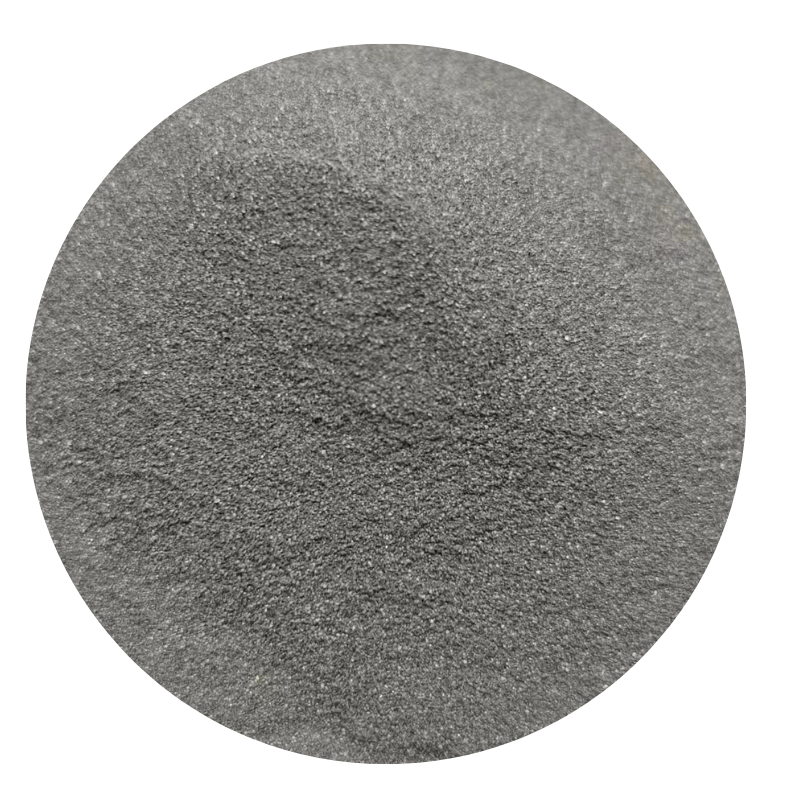
perlite in plants
The Role of Perlite in Plant Growth A Comprehensive Exploration
Perlite, a naturally occurring volcanic glass, has gained substantial popularity in the field of horticulture and agriculture due to its remarkable properties. This lightweight, porous material is widely utilized in potting mixes, seed starting, and as a soil conditioner. Its expanding popularity stems from the myriad benefits it offers in promoting healthy plant growth. This article delves into the various aspects of perlite, including its characteristics, benefits, uses, and its impact on plant health.
What is Perlite?
Perlite is formed by the rapid heating of volcanic glass, which causes it to expand into a lightweight, white granule. When heated to high temperatures (around 1600°F or 871°C), the moisture content in the perlite forces it to expand, resulting in a material that is 3 to 20 times its original volume. This unique property makes perlite an ideal component in soil mixes where aeration and drainage are crucial for plant health.
Benefits of Perlite in Horticulture
1. Enhanced Aeration One of the primary benefits of perlite is its ability to improve soil aeration. The porous structure of perlite facilitates the circulation of air within the soil profile, preventing compaction. This aeration is essential for root development, as it allows roots to access essential oxygen, which is vital for their growth and overall plant vitality.
2. Excellent Drainage Perlite is highly effective in enhancing drainage within the soil. It helps prevent waterlogging by ensuring excess water can flow away from the root zone. This is particularly important for plants that are susceptible to root rot, such as succulents and other drought-sensitive species. By maintaining appropriate moisture levels in the soil, perlite supports healthier root systems.
3. Lightweight Structure Perlite is significantly lighter than many traditional soil components, which makes it an ideal choice for container gardening. This lightweight nature allows gardeners to create larger plant arrangements without the added weight of heavier soils. It also simplifies the handling and transportation of potted plants.
4. pH Neutral Perlite is chemically inert and has a neutral pH, making it suitable for a wide range of plants. It does not alter the pH of the growing medium, allowing gardeners to have more control over their soil chemistry. This is crucial for plants that have specific pH requirements for optimal growth.
perlite in plants

5. Thermal Insulation Another notable characteristic of perlite is its ability to regulate temperature. Its insulating properties can help maintain a stable environmental temperature for plant roots, protecting them from extreme fluctuations that could hinder growth.
Uses of Perlite in Plant Care
Perlite can be incorporated into various gardening applications. Here are some common uses
- Potting Mixes Perlite is often mixed with other ingredients like peat moss, coconut coir, and compost to create a well-balanced potting soil. This combination provides both aeration and nutrient retention.
- Seed Starting The lightweight and sterile nature of perlite makes it an excellent choice for seed starting. It allows seeds to germinate without the competition from pathogens or weeds.
- Hydroponics In hydroponic systems, perlite serves as a growing medium that allows plant roots to absorb moisture and nutrients from nutrient-rich solutions. It is particularly beneficial in systems like drip irrigation and Ebb and Flow.
- Soil Amendment Gardeners often add perlite to garden beds or existing potting mixes to improve their structure and drainage capacity.
Conclusion
In conclusion, perlite plays a vital role in enhancing plant growth and health by improving aeration, drainage, and insulation while remaining lightweight and pH neutral. Its benefits extend beyond the simplicity of its composition; it supports healthy root systems and contributes to the overall vitality of plants. Whether you are a novice gardener or a seasoned horticulturist, incorporating perlite into your planting regimen can lead to more vibrant, thriving plants. As the demand for sustainable and effective gardening solutions continues to rise, perlite remains a fundamental component in the pursuit of optimal plant health and productivity.
Share
-
Vermiculite Wholesale – Premium Quality, Bulk Supply & Competitive PricingNewsJun.10,2025
-
Premium Glass Pebbles Custom Glass Pebbles Factory & OEM Manufacturer Reliable Custom Glass Pebbles FactoriesNewsJun.10,2025
-
Expert Custom Zeolite Producers Manufacturers & FactoriesNewsJun.10,2025
-
Custom Glow in the Dark Beads High-Quality Custom ManufacturersNewsJun.10,2025
-
China Ceramsite Balls Factory - Lightweight & Durable Media Solutions ManufacturerNewsJun.09,2025
-
Custom Matte Mica Powder Manufacturers High Quality & AffordableNewsJun.09,2025






